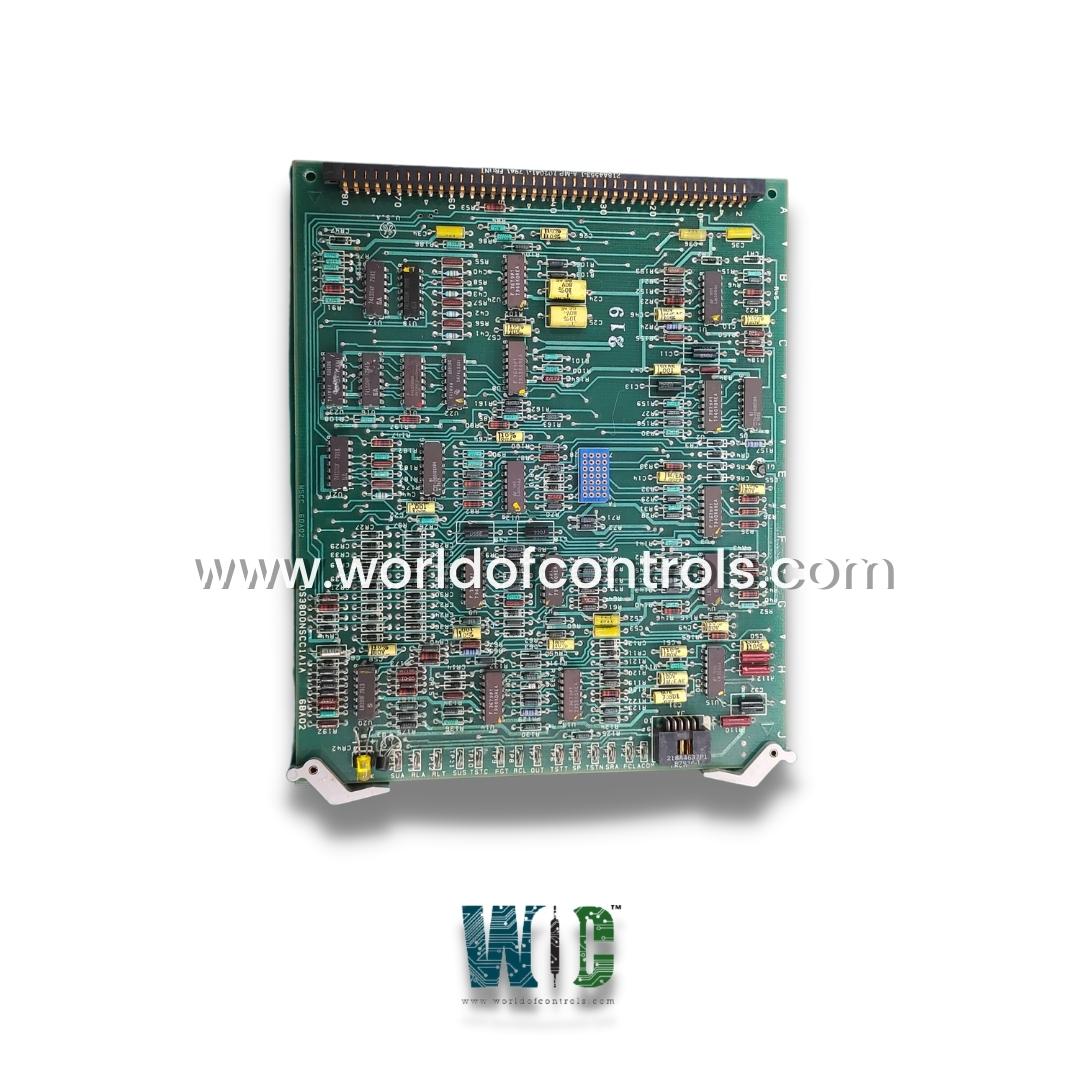
World Of Controls understands the criticality of your requirement and works towards reducing the lead time as much as possible.
DS3800NSCC1A1A - Speed Current Regulator Board is available in stock which ships the same day.
DS3800NSCC1A1A - Speed Current Regulator Board comes in UNUSED as well as REBUILT condition.
To avail our best deals for DS3800NSCC1A1A - Speed Current Regulator Board, contact us and we will get back to you within 24 hours.
Part No.: DS3800NSCC1A1A
Manufacturer: General Electric
Country of Manufacture: United States of America (USA)
Product Type: Speed Current Regulator Board
Availability: In Stock
Series: Mark IV
DS3800NSCC1A1A is a Speed Current Regulator Board developed by GE. It is a part of Mark IV control system. Board is designed to regulate speed and current, providing precise control over these parameters in system. As an integral part of the Mark IV control system, this board seamlessly integrates with other components to ensure cohesive and efficient operation.
The WOC team is always available to help you with your Mark IV requirements. For more information, please contact WOC.
What is DS3800NSCC1A1A?
It is a Speed Current Regulator Board developed by GE under the Mark IV series.
What are computer diagnostics in the Mark IV panel?
Computer diagnostics in the Mark IV panel refer to the systematic tests and checks performed by the system's computer components to verify their functionality and integrity.
How many classes of diagnostics are there in the Mark IV panel?
There are three classes of diagnostics- power-up diagnostics, on-line diagnostics, and off-line diagnostics.
What does the power-up diagnostics include?
Power-up diagnostics include tests such as stall timer test, CPU instruction tests, PROM checksum tests, RAM data and addressing tests, and auxiliary processor self-tests.